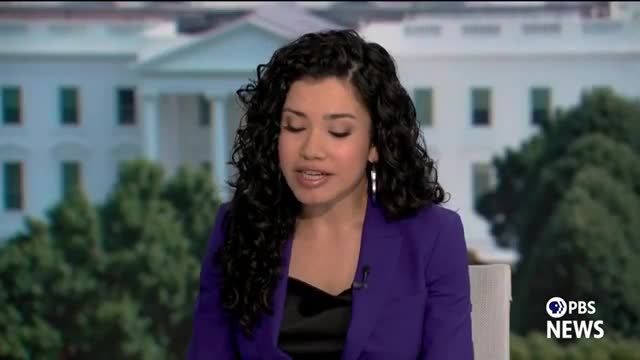Biden steps aside as Harris prepares for 2024 run

This article was created by AI summarizing key points discussed. AI makes mistakes, so for full details and context, please refer to the video of the full meeting. Please report any errors so we can fix them. Report an error »

In a significant political shift, President Biden announced he will not seek reelection, endorsing Vice President Kamala Harris as his successor. This decision comes amid increasing pressure from congressional Democrats, who have expressed concerns about Biden's viability as a candidate following a challenging debate performance. Notably, while both Bill and Hillary Clinton have publicly backed Harris, former President Barack Obama refrained from endorsing her, suggesting the party should determine its direction through a \"healthy process.\"
As Biden's inner circle has reportedly shrunk, key advisers like Steve Ricchetti and Mike Donnelly have been instrumental in relaying concerns from Congress regarding the sustainability of Biden's campaign. The announcement has prompted swift reactions from Republicans, including former President Trump, who criticized Biden's fitness for office and indicated that the GOP is already preparing to target Harris in the upcoming election.
Republican strategists are focusing on battleground states such as Michigan, Wisconsin, and Pennsylvania, where they believe Harris may perform poorly compared to Biden. The Trump campaign has begun airing ads that question Harris's capabilities, framing her as complicit in Biden's perceived decline.
Looking ahead, the Democratic Party faces a crucial moment as it gears up for its convention. Harris is expected to step into the spotlight, needing to demonstrate her leadership and vigor to counteract the negative perceptions stemming from Biden's recent performance. While the party has been divided between moderates and progressives, Harris's endorsement from Biden and the support of key party figures may bolster her position as the likely nominee. However, any serious challenge she faces could serve to strengthen her political credentials if she successfully navigates the nomination process.
As Biden's inner circle has reportedly shrunk, key advisers like Steve Ricchetti and Mike Donnelly have been instrumental in relaying concerns from Congress regarding the sustainability of Biden's campaign. The announcement has prompted swift reactions from Republicans, including former President Trump, who criticized Biden's fitness for office and indicated that the GOP is already preparing to target Harris in the upcoming election.
Republican strategists are focusing on battleground states such as Michigan, Wisconsin, and Pennsylvania, where they believe Harris may perform poorly compared to Biden. The Trump campaign has begun airing ads that question Harris's capabilities, framing her as complicit in Biden's perceived decline.
Looking ahead, the Democratic Party faces a crucial moment as it gears up for its convention. Harris is expected to step into the spotlight, needing to demonstrate her leadership and vigor to counteract the negative perceptions stemming from Biden's recent performance. While the party has been divided between moderates and progressives, Harris's endorsement from Biden and the support of key party figures may bolster her position as the likely nominee. However, any serious challenge she faces could serve to strengthen her political credentials if she successfully navigates the nomination process.
View full meeting
This article is based on a recent meeting—watch the full video and explore the complete transcript for deeper insights into the discussion.
View full meeting